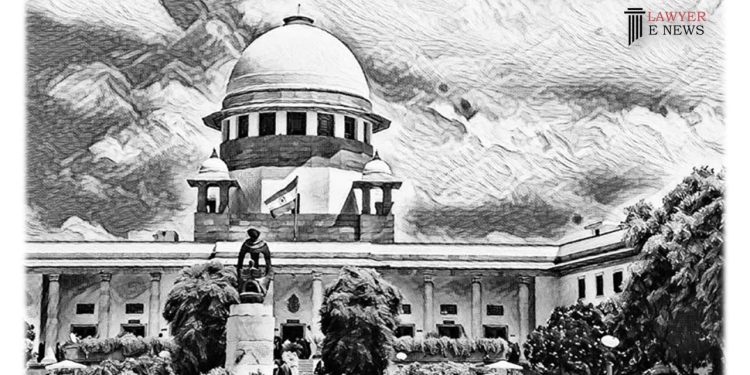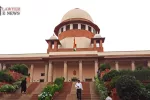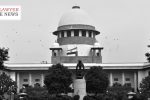Supreme Court Upholds Constitutionality of Section 10(a)(i) of the UAPA, Holding Continued Membership in Unlawful Associations as Grounds for Criminal Liability

In a landmark judgment, the Supreme Court of India has upheld the constitutional validity of Section 10(a)(i) of the Unlawful Activities (Prevention) Act, 1967 (UAPA), ruling that continued membership in an association declared unlawful under Section 3 can lead to criminal liability. The bench comprising Justice M. R. Shah, Justice C.T. Ravikumar, and Justice Sanjay Karol overruled previous decisions that required an overt act, mens rea, or additional criminal activities beyond mere membership in an unlawful association.
Justice M. R. Shah, delivering the judgment, stated, “A person who continues to be a member of an association declared unlawful, despite being aware of its unlawful activities and its impact on the sovereignty and integrity of India, is liable to be punished under Section 10(a)(i) of the UAPA.” The court further emphasized that Section 10(a)(i) is not vague, unreasonable, or disproportionate and does not violate the rights guaranteed under Article 19(1)(a) and 19(1)(c) of the Constitution of India.
The court dismissed the argument of the possibility of misuse of the provision, stating that the possibility of abuse or misuse does not render a constitutionally valid legislation unconstitutional. The bench clarified that any action resulting from the abuse or misuse of the law can be challenged separately.
Addressing the chilling effect doctrine, the court held that a person who continues to be a member of an unlawful association, despite being aware of its status, cannot claim the chilling effect as a defense. The consequences of continued membership are outlined in the law itself, making the person liable for penalization.
The judgment also emphasized the importance of following the due process for declaring an association unlawful under the UAPA. The court highlighted that once an association is declared unlawful and a person continues to be a member, it indicates a conscious decision on their part, leading to criminal liability.
The Supreme Court’s decision overruled previous judgments, including State of Kerala v. Raneef (2011) 1 SCC 784; Arup Bhuyan v. Union of India (2011) 3 SCC 377; and Sri Indra Das v. State of Assam (2011) 3 SCC 380. These decisions had required additional elements for criminal liability beyond mere membership in a banned organization.
With this judgment, the Supreme Court has clarified that continued membership in an unlawful association, after due declaration and knowledge, can result in criminal liability under Section 10(a)(i) of the UAPA, 1967. The ruling is set to have significant implications for cases involving unlawful associations and the prevention of unlawful activities in India.
Date of Decision: March 24, 2023
Arup Bhuyan vs State of Assam & Anr.






